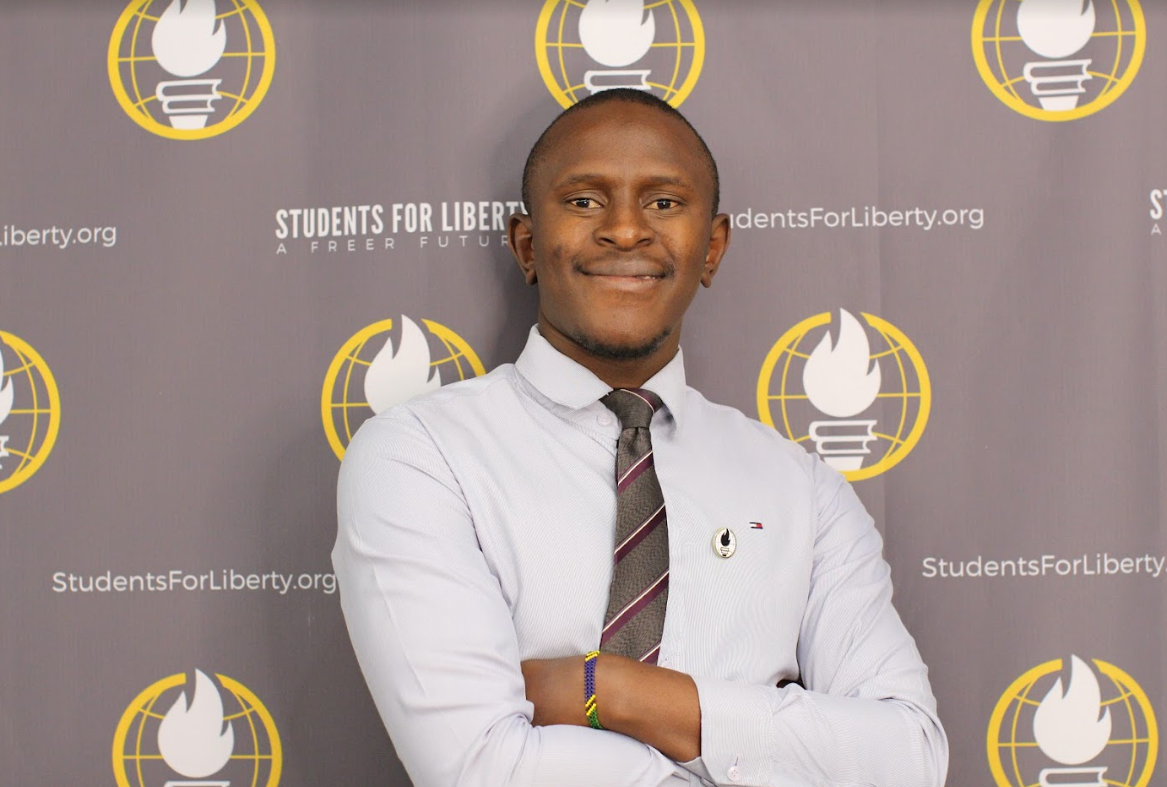Long before Africa was colonized, the continent boasted sophisticated systems of governance rooted in tradition and culture. These systems were led by traditional leaders, kings, chiefs, and elders responsible for guiding their communities and maintaining social order. Leadership was often hereditary, balanced by councils or assemblies representing the broader community. However, many African leaders also participated in the transatlantic slave trade, selling their own people into slavery.
In many African societies, freedom was not just an individual right but a collective responsibility. The well-being of the community took precedence over personal desires. Decisions were made within the context of communal values and customs, ensuring that personal actions aligned with the greater good of society. Yet, this system often hindered individuals from flourishing based on personal conviction.
This raises an important question: Was this the true essence of freedom?
The State of Freedom in Africa
Today, Africa’s leadership landscape has dramatically changed, often for the worse. Leaders who should prioritize the well-being of their people frequently become self-serving, failing to uphold the principles of freedom. The communal values of the past, where leadership was about stewardship and the collective good, have been overshadowed by the pursuit of personal interests.
The contrast between traditional leadership and modern governance is striking. George Ayittey, in Africa Betrayed, argues that the decline of communal leadership values has led modern leaders to prioritize personal power over the collective good. This shift has resulted in a governance system that often suppresses the freedoms central to African societies.
Botswana: The Threat to Freedom of Expression
In Botswana, freedom of expression is a cornerstone of democracy, allowing individuals to voice their opinions and participate in public discourse. However, laws like Botswana’s Section 59(1) of the Penal Code, which criminalizes the publication of “alarming information,” pose a threat to this freedom. The vagueness of the law allows for arbitrary enforcement, suppressing dissent and stifling free speech.
Democratic Republic of the Congo: A Political System in Paralysis
The Democratic Republic of the Congo (DRC) presents an even more dire picture. The country’s political system is paralyzed by the manipulation of the electoral process by political elites, despite the adoption of a 2023 law that guarantees freedom of association, assembly, and access to information. However, ongoing conflict and corruption make these rights more theoretical than practical.
The arrest of journalist Stanis Bujakera in 2023 on charges of spreading false information exemplifies the severe restrictions on freedom of expression in the DRC. Such actions reflect a leadership that not only disregards the principles of freedom but actively works against them.
Uganda: The Illusion of Press Freedom
Uganda’s Constitution guarantees the right to freedom of speech and press under Article 29 (1)(a) and (b). However, these provisions often seem more theoretical than practical. The repeated arrests of opposition leader Bobi Wine highlight the disconnect between the law and its application. Despite constitutional promises, the freedom to express dissenting views is frequently met with state repression.
Reclaiming the Essence of Freedom
The deterioration of leadership values in Africa, coupled with the suppression of basic freedoms, marks a departure from the continent’s rich heritage of good governance. The traditional African concept of freedom, rooted in collective responsibility and well-being, has been replaced by self-serving leadership.
For Africa to move forward, modern leaders must reconnect with the ethos of stewardship and the collective good that once defined leadership. Nelson Mandela’s principle reminds us that a future without respect for human rights is inconceivable.
True freedom, where individuals can thrive within a framework of shared responsibility, can only be realized when leaders prioritize the well-being of their people over personal gain. That way, Africa can reclaim its legacy of freedom and chart a path toward a more just and equitable future.
Are you a student interested in getting involved in pro-liberty activism? By applying to join Students For Liberty’s Local Coordinator Program, you can be supported in promoting the ideas of liberty while also developing your skills and meeting many like-minded students from across the world. Click on the button below to find out more and get involved!
This piece solely expresses the opinion of the author and not necessarily the organization as a whole. Students For Liberty is committed to facilitating a broad dialogue for liberty, representing a variety of opinions.



